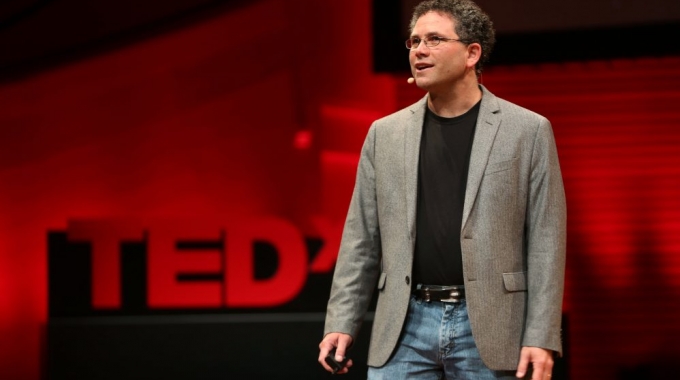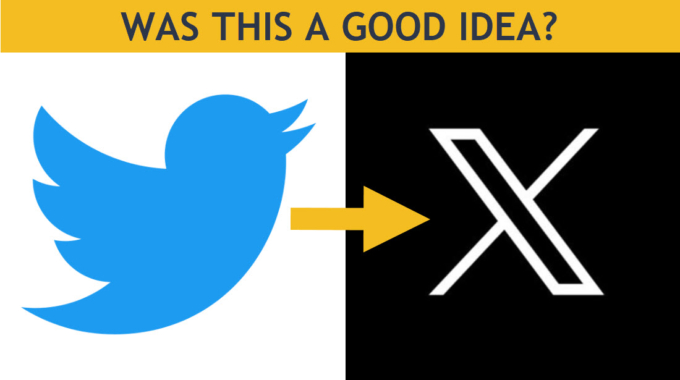
The following is part of a conversation between Dr. Louis Rosenberg, Founder and CEO of Unanimous AI, and Denver Frederick, Host of The Business of Giving on AM 970 The Answer in New York City.
The full transcript is available here: Dr. Louis Rosenberg on the Business of Giving
Denver Frederick is the Host of The Business of Giving. The program is the only show of its kind that focuses on solutions to today’s complex social problems. What’s working? Who are the changemakers? How is it all being financed? The program addresses issues such as global poverty, affordable housing, clean drinking water, medical breakthroughs, and matters related to education.
Each week you will hear from philanthropists, corporate CEOs, nonprofit luminaries, celebrity ambassadors, government officials, and social entrepreneurs who are at the forefront of the transformative changes that are occurring around the world.
Denver: Are you concerned about how human beings will adapt to a world of artificial intelligence, robotics and all the other technological changes that face humanity in the next 25-, 50- or a hundred years? Will we be eclipsed by artificial intelligence? One person who has given this an awful lot of thought is Dr. Louis Rosenberg, the Founder and CEO of a Silicon Valley startup called Unanimous AI, and he is with us now.
Good evening, Louis, and welcome to The Business of Giving!
Louis: Yeah. Thanks for having me!
Denver: This has been an issue for you for some, I don’t know… 25 years, whether humans would lose their position as the top intelligence in our environment. And you were pretty concerned that there might not be an answer for this until you looked at other species. What did you discover?
Louis: It’s really interesting that there are a lot of species who go through a period where they need to get smarter to overcome some challenge in their environment, and they need to get smarter fast. And normally, when we think about evolution, we think about the development of a brain. And a brain is a network of neurons and obviously, the larger and larger that a brain gets, the smarter the species can be. But that takes a really, really long time.
What happens is that social species like fish and birds and bees have enabled another type of intelligence, which biologists refer to as “swarm intelligence,” where once they’ve developed their individual brains to a certain level, they start to work together in systems. And when they work in systems and solve problems in systems, they become much, much smarter. And this is ultimately why birds form flocks and bees form swarms and fish form schools; they get smarter together. And the premise of the work that I do and our company, Unanimous AI, is to say, “Well, if birds and bees and fish can do this, why can’t people do it? Why can’t we amplify our intelligence by thinking together in systems?” And one of the motivations for wanting to do this is that artificial intelligence systems are coming right down the street and will soon challenge us.
Denver: Let me ask you this: How do bees do it? How do they communicate and interact in a way that allows them to converge on a good solution?
Louis: Each species has evolved its own mechanism doing it. Fish, for example, can detect vibrations in the water beside them, and birds do similar things. The species that actually has understood the best of all are bees, and particularly honeybees because biologists have been studying them for over 50 years. And what honeybees do to amplify their intelligence and the way they form a system is actually by vibrating their bodies, and biologists call this a waggle dance. Because to people, it looks like the bees are dancing, but really, they’re generating signals that represent their preference for various problems they are trying to solve. And when all the bees are vibrating their bodies, they’re basically engaging in a multidirectional tug-of-war. They’re pushing and pulling on the problem until they have converged on the one solution that they can best agree upon. It’s usually the optimal solution. It’s also the solution that’s best for the group as a whole. And so they’ve developed a method that not only amplifies their intelligence in solving problems better intellectually, they’ve also developed a method that points them to solutions that are best for the greater good of the colony.
Denver: That is incredibly cool. I know there’s a field of research called collective intelligence or crowd intelligence. How does swarm intelligence differ from that?
To read the entire interview, head over to the Business of Giving website:
Swarm Intelligence and the Business of Giving
Want to learn more about our Swarm AI technology? Check out our TED talk below…
Every week Unanimous A. I. brings together swarms of regular people just like you to help us predict sporting events, investment opportunities, and technology as well as provide insight into everything from pop culture to politics. If you’d like information on joining a swarm – or just want to stay up to date on the latest predictions – click the button below.

